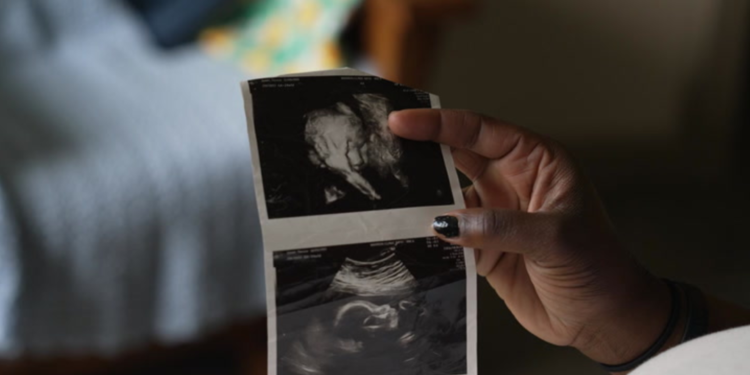Nov 23, 2024 Story by: Editor
What if every Black parent in Louisiana had access to the support they needed for a healthy and positive pregnancy and childbirth experience? For one organization, this isn’t just a theoretical question—it’s the mission they’re actively pursuing through a newly launched reproductive health mutual aid fund.
A Collective Effort for Maternal Health
Birthmark, a worker-owned collective in New Orleans, has spent over a decade providing doula care, lactation support, and advocacy for families. While the collective includes people from all backgrounds, it places a particular focus on Black families and other communities of color. Since 2016, their annual Black Birth Matters conference has worked to enhance Black maternal care throughout Louisiana. This year, the group has taken a significant step forward with the launch of the Maternal Health Fund—a mutual aid initiative aimed at providing financial assistance for reproductive care across the state.
Victoria Williams, Birthmark’s advocacy director, described the initiative as a step toward “collective liberation.”
“There’s a growing demand for broader maternal health support, from addressing social determinants of health to child-care needs,” said Williams, who also serves as a doula, certified lactation specialist, and social worker. “We’re creating this mutual aid fund because Birthmark represents the community, and the reality is that what many people need is financial help.”
Filling the Gaps in Maternal Care
Louisiana faces severe maternal health challenges, particularly for Black parents. The state’s cesarean rate exceeds 35%, and over one-fourth of its parishes are considered maternal health deserts. These factors contribute to some of the highest maternal mortality rates in the country. While legislative efforts to expand access to doula care have made progress, there’s still a considerable gap in sustainable, comprehensive reproductive care.
Birthmark’s members are determined to address these disparities themselves.
“In a post-Dobbs world, we’re not waiting for policy change,” Williams explained. “We’re collectively reimagining how we can support each other. We want Black mothers and families to thrive, and we’re not waiting for permission to make that happen.”
Birthmark’s sliding-scale payment model, where higher-paying clients subsidize care for those with limited financial resources, has been a hallmark of their approach. The Maternal Health Fund expands on this concept by offering financial assistance for a range of reproductive needs, including postpartum support, home-birth midwifery fees, and child-care expenses.
Empowering Families and Birth Workers
Unlike similar initiatives with celebrity backing, such as the Birth Fund founded by Elaine Welteroth, Birthmark’s fund is deeply rooted in community involvement. Williams emphasized that the fund allows even small contributions—$5 or $2—to make a meaningful impact in supporting Black, BIPOC, queer families, and reproductive health overall.
Another unique aspect of the fund is its inclusivity of birth workers. Doulas, midwives, and lactation consultants can apply for funds to cover training fees or support their own caregiving needs, such as child-care costs. Other groups engaged in reproductive justice work across Louisiana can also benefit from the fund.
Funding applications are submitted via a Google form, and Birthmark’s member-owners review and approve requests during monthly meetings. Funds are distributed on a first-come, first-served basis, with transparency about availability.
Community Backing for Immediate Impact
Frankie Robertson, a lobbyist, doula, and founder of the Amandla Group in Baton Rouge, contributed $500 to the fund at this year’s Black Birth Matters conference.
“I believe in the work Birthmark does because I understand the challenges birthing people face in our state, particularly Black birthing people,” Robertson said. “Funds like this are crucial because they often don’t come with the bureaucracy and red tape of other aid. When people need help, they need it immediately. They shouldn’t be dehumanized or questioned extensively just for needing support.”
A Vision for the Future
Birthmark’s goal is to raise $100,000 to fully launch the Maternal Health Fund, with donations set to begin during Black Maternal Health Week in April. Meanwhile, the group continues to balance direct mutual aid with broader advocacy. Birthmark has recently become a plaintiff in a lawsuit challenging Louisiana’s classification of misoprostol and mifepristone as controlled substances.
For Robertson, the personalized, community-centered approach of Birthmark’s fund makes it stand out.
“Birthmark’s fund is different,” Robertson noted. “It’s administered by people who are part of the community and understand its needs. They make the mutual aid process inviting, dignified, and respectful, ensuring that people get the support they deserve. This fund will allow birthing people to thrive, not just survive.” Source: Rewire News Group
















